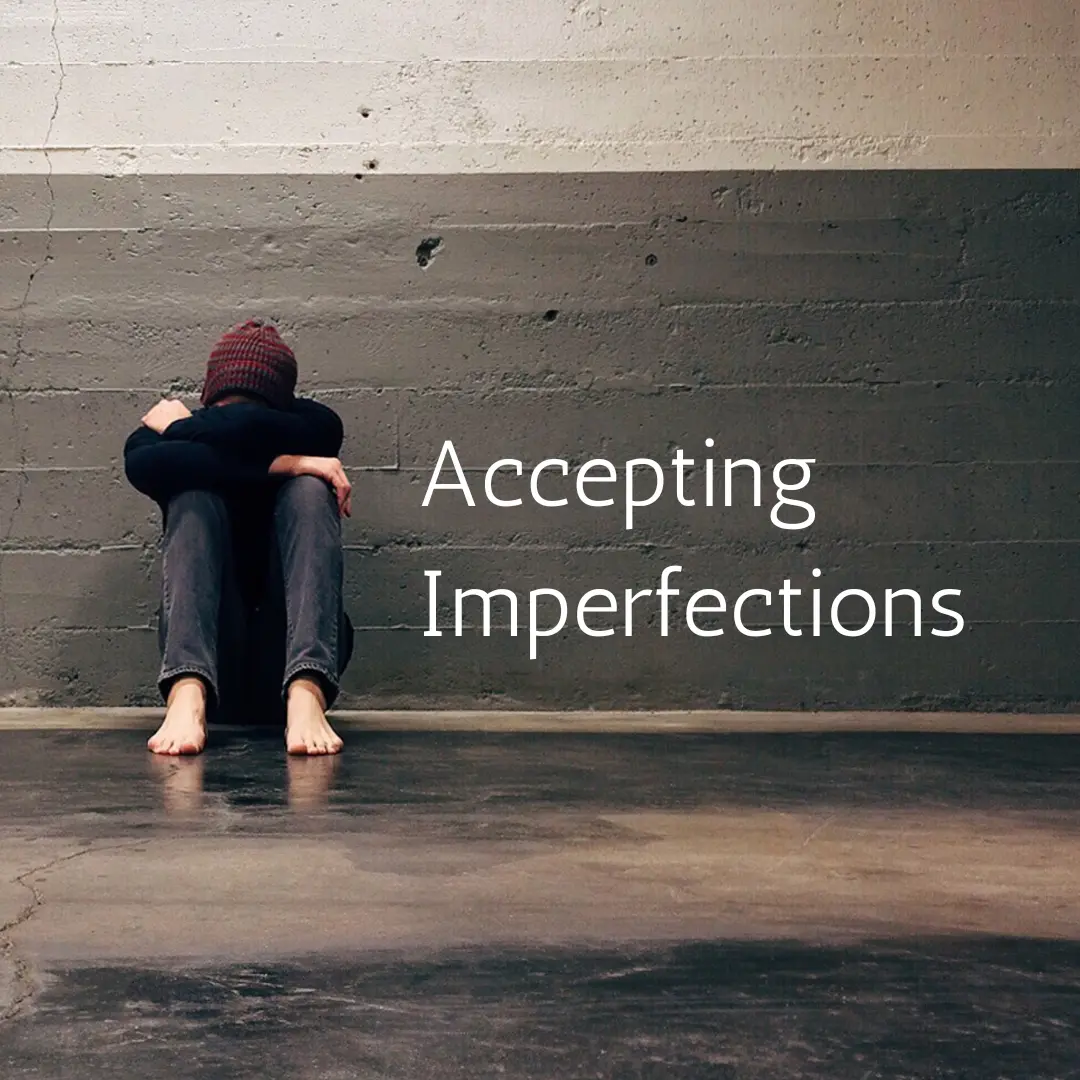In a world often characterized by constant change and fleeting moments, the art of appreciating what we have can sometimes be overshadowed by aspirations for what we desire or mourn for what we’ve lost. The quote “love what you have, before life teaches you to love what you lost” invites us to reflect on the power of gratitude and mindfulness in cultivating a fulfilling life. This article explores the profound wisdom behind this sentiment, offering insights, practices, and perspectives to help you embrace gratitude and cherish the present moment.
The Wisdom in Gratitude: Understanding the Quote
“Love what you have, before life teaches you to love what you lost” encapsulates a timeless truth about human nature and the essence of contentment:
- Appreciating the Present: By acknowledging and cherishing what we currently possess—be it relationships, achievements, or material goods—we cultivate a sense of fulfillment and peace.
- Lessons from Loss: Often, it takes the experience of losing something or someone dear to us to recognize their true value. Reflecting on these losses can deepen our appreciation for what remains.
Cultivating Gratitude: Practical Tips and Techniques
Gratitude is a powerful practice that can transform our outlook on life and enhance our well-being. Here are practical ways to nurture gratitude in your daily life:
- Gratitude Journaling: Dedicate time each day to write down things you’re grateful for, whether big or small. This practice reinforces positive thinking and mindfulness.
- Mindful Meditation: Incorporate mindfulness meditation into your routine to cultivate awareness of the present moment and foster a deeper connection to your surroundings.
- Expressing Appreciation: Take moments to verbally or through gestures express gratitude to loved ones, colleagues, or strangers who have positively impacted your life.
The Impact of Gratitude on Mental Health and Well-Being
Research has shown that practicing gratitude can have profound effects on our mental and emotional well-being:
- Reduced Stress: Gratitude promotes a positive mindset, reducing stress levels and improving resilience in the face of challenges.
- Enhanced Relationships: Expressing gratitude strengthens interpersonal relationships by fostering mutual appreciation and kindness.
- Improved Self-Esteem: Recognizing and appreciating our own strengths and accomplishments boosts self-esteem and self-confidence.
Mindfulness: Embracing the Present Moment
Mindfulness complements gratitude by encouraging us to fully experience and engage with the present moment:
- Awareness of Sensations: Pay attention to your senses—sight, sound, touch, taste, and smell—to ground yourself in the present and enhance sensory awareness.
- Non-Judgmental Observation: Practice observing your thoughts and emotions without judgment, allowing them to pass without attachment or resistance.
Practicing Contentment: Balancing Ambition and Appreciation
Striking a balance between ambition and contentment is key to sustainable happiness:
- Setting Realistic Goals: Pursue personal and professional goals while appreciating incremental progress and achievements along the way.
- Embracing Imperfection: Accepting imperfections in ourselves and others cultivates compassion and understanding, fostering deeper connections and personal growth.
Learning from Loss: Turning Grief into Growth
Loss and adversity provide profound opportunities for growth and self-discovery:
- Resilience and Adaptability: Overcoming loss builds resilience and adaptability, strengthening our ability to navigate life’s inevitable challenges.
- Finding Meaning: Reflect on the lessons learned from past losses, using them as catalysts for personal transformation and renewed purpose.
Gratitude as a Daily Practice: Making It a Habit
Incorporate gratitude and mindfulness into your daily routine to reap their long-term benefits:
- Morning Reflections: Begin your day by reflecting on three things you’re grateful for, setting a positive tone for the hours ahead.
- Evening Gratitude Rituals: End each day by recounting moments of gratitude, reinforcing positive experiences and fostering a sense of closure.
Conclusion: Embracing the Power of Gratitude
“Love what you have, before life teaches you to love what you lost” serves as a poignant reminder to appreciate the blessings and opportunities present in our lives. By embracing gratitude, practicing mindfulness, and learning from both joys and losses, we can cultivate a deeper sense of fulfillment, resilience, and joy. Let this quote inspire you to embark on a journey of self-discovery and gratitude, enriching your life and relationships with a renewed sense of appreciation and contentment.




